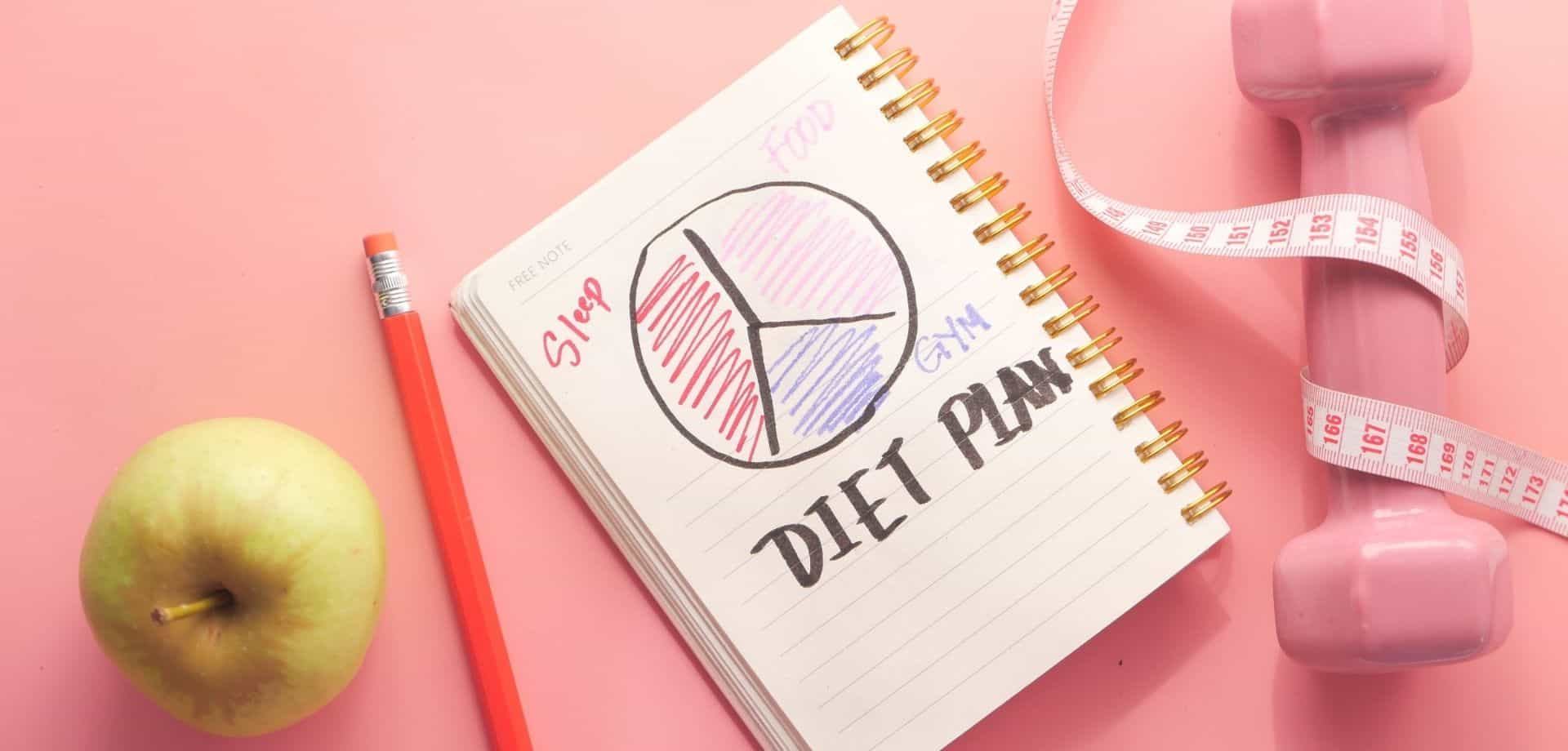Tag: Diet
Chronic kidney disease (CKD) is a long-term condition where the kidneys don’t work as well as they should. In some circumstances, the loss of kidney function can get progressively worse over time but CKD only reaches an advanced stage in a small proportion of people. Although the damage is irreparable, sometimes if changes are made, CKD can be halted with no further damage occurring.
Chronic Kidney disease (CKD) is divided into 5 stages.
Stage 1 is the earliest stage whereby tests have indicated some level of kidney damage. It is important not to ignore a stage 1 diagnosis as this is the time to take action and make lifestyle changes so that the condition does not worsen. With every increase in stage, more kidney damage has been detected up until the last stage, stage 5. Stage 5 means the kidneys have lost almost all their function and it will be time for thinking about dialysis or a transplant.
What to do if your recent blood test shows a reduced kidney function.
Don’t panic, absorb the diagnosis and understand this doesn’t definitively mean your kidneys will stop working altogether. CKD should not be ignored as it can get worse over time but with careful monitoring and management it can be maintained and you can live long fulfilling lives without being unduly affected by the condition.
It is important to review your lifestyle and in particular, your diet. With early stage CKD (stages 1-3) it is paramount to be as healthy as possible and have a healthy balanced diet.
What do I mean by a healthy balanced diet?
This includes:
- Consistently eating freshly cooked food for every meal
- Limiting your intake of processed foods and avoid highly-processed foods
- Reducing your daily salt intake
- Having considered balanced meals – your lunch and dinner meals should contain proteins, carbohydrates and vegetables. Your portion size will depend on your weight and if you have diabetes
- Ensuring you have a minimum of 2-3 portions of fruits and vegetables each and every day
- Increasing your intake of plant based proteins such as beans, lentils, tofu, soya, seitan
- Drinking lots of water to remain well hydrated (ensure your urine runs clear)
- Being as active as physically possible for you
- Avoiding non-steroidal medicines such as ibuprofen, naproxen etc.
What is a renal diet?
You may have heard of the term, renal diet. The term is used quite widely amongst those who have CKD, but personally, I am not a fan of this term. It doesn’t really mean much and can often be misused. People often think it means a diet of low protein, low salt, low potassium and low phosphate – which is pretty hard to do all at once and not always necessary.
People newly diagnosed with CKD in particular often restrict their diet in a panic unnecessarily and in combination with online resources not being clear enough, this can cause a lot of confusion.
My advice would be to seek guidance from someone like myself, a dietician who can look at your lifestyle and individual health and work out a personalised diet plan. This will be much more achievable and as well as not feeling so overwhelming, you’ll only have to limit the foods you absolutely need to.
How do you monitor CKD?
The best way to monitor CKD is to have regular tests, either blood or urine. How often you require testing will be dictated by the stage of CKD. Your GP will determine what is best for you and it is best to ask them any medical and testing questions rather than your dietician who will focus solely on your lifestyle and diet.
______________
Ruth Kander is a kidney-specialist dietitian, to book an appointment with her please click here.
January is a great time to take control of your eating and help yourself to be a healthy you with the food you eat. Eating a more plant-based diet is undoubtedly recommended by many of the health professionals, however, it is essential that a healthy approach and balance is taken. Switching to a vegan diet can be unhealthy as well as healthy. In a vegan diet, it is essential to take note of particular nutrients that can get missed out which can lead to serious health consequences.
Protein
It is easy to not eat enough protein in a plant-based diet. Your body needs essential amino acids to build proteins and be healthy, so you should ensure you have a wide variety of proteins in your diet, such as:
- Soya
- Beans
- Lentils
- Seitan
- Quinoa
- Tofu
- Tempeh
- Nutritional yeast
Calcium
Calcium is an essential mineral for bone health. Insufficient calcium can lead to weak bones and bone fractures. Try and include as many calcium-containing foods each day. When choosing plant dairy alternatives try and choose those which are fortified with calcium. For milk look for at least 127mg calcium per 100g plant milk.
Foods that contain calcium include:
- Green leafy vegetables
- Tofu
- Bread
- Fortified plant milk
- Cauliflower
- Nuts
- Oranges
- Fortified plant based dairy alternatives
Iron
Iron is another essential mineral required for good health. Iron is a component of red blood cells. If we don’t eat enough iron then we can develop anaemia. This can cause severe tiredness, lethargy and generally feeling unwell.
Plant-based sources of iron include:
- Lentils
- Beans
- Tofu
- Tempeh
- Nuts
- Green leafy vegetables
- Fortified breakfast cereals
When eating these food, have with a food or drink high in vitamin C such as kiwi fruits or strawberries as these will enhance the absorption of iron. Avoid tea and coffee as this limits absorption of iron.
If you think you don’t get enough iron a simple blood test can confirm this, do check with your GP.
Vitamin B12
Vitamin B12 is the only vitamin present in animal food products.
There are some vegan products fortified with B12 such as;
- Nutritional yeast
- Yeast extract e.g., Marmite
- Breakfast cereals
If you have been vegan for some time, it may be worth considering a blood test to check your B12 levels. Discuss this with your GP.
Iodine
Iodine can be low on a vegan diet and can affect thyroid function. Sources of plant iodine include:
- Seaweed
- Iodized salt
Omega-3
Omega-3 containing foods, especially those high in alpha-linolenic acid (ALA) are involved with helping the body produce longer-chain omega-3s such as eicosapentaenoic acid (EPA) and docosahexaenoic acid (DHA).
Foods high in ALA include:
- Chia
- Hemp
- Flaxseeds
- Walnuts
- Soybeans
However, there is controversy as to whether this conversion is good enough to meet everyday needs. Some suggest a daily intake of 200–300 mg of EPA and DHA from an algae oil supplement may be a better way to prevent low levels, however, always check with your GP before starting any supplements.
Zinc
Zinc is required for overall good health but in particular for healthy hair and nails. Plant sources of zinc include:
- Beans
- Chickpeas
- Lentils
- Tofu
- Walnuts
- Cashew nuts
- Chia seeds
- Ground linseed
- Hemp seeds
- Pumpkin seeds
- Wholemeal bread
- Quinoa
By Ruth Kander BSc(Hons)RD | Dietitian
If you wish to discuss ways to maintain a healthy vegan diet or are thinking of becoming a vegan, Ruth holds a virtual clinic every Friday from 9am-2pm. Please call our reception team on 020 7353 5678 if you would like to request a face-to-face appointment
January is here and with it comes a fresh New Year, a good time to shed any extra weight gained over the party season. Sadly, despite all the ‘quick fix’ diets, and a variety of diet pills on offer that promise you will ‘drop ten sizes in ten days’, there is no miracle cure.
WHAT IS A FAD DIET?
A fad diet is normally endorsed by a celebrity of some sort and or a non-healthcare professional and will usually cut out one or more food groups. What will usually happen is that you try the fad diet and lose weight very quickly. So what’s the catch? You’ll inevitably get bored as the diet will be unsustainable, and then return to your normal eating habits and put all the weight back on and more.
HOW TO SPOT A FAD DIET
Does your new diet:
- Cut out major food groups such as wheat, dairy or yeast?
- Promise you’ll lose more than 2lbs a week?
- Seem very restrictive and hard to follow?
- Require that you buy special expensive foods to follow it?
- Tell you the reason you ‘can’t lose weight’ is probably a food allergy?
- Provide no clinical evidence?
- Promises to be the answer to all your problems?
Yes to any of the above? It’s a fad.
Be aware of who is offering advice:
There are many people out in the world today promoting all sorts of diets to help you feel great and lose weight, however many of them are not medically trained.
Be aware of practitioners who use tests such as:
- Blood tests, especially those that mix your blood with food.
- Hair mineral analysis to tell you what you should eat.
- Stool analysis.
- Looking in your eyes to tell you what diet to follow.
- Kinesiology.
- Face reading.
None of these have any clinical evidence that they can help with weight or any other nutritional issues.
BUT I STILL WANT TO LOSE THOSE EXTRA POUNDS… think of the phrase ‘eat half, walk double’!
Let’s go back to basics:
- Have three, balanced meals spread out throughout the day.
- Eat the three meals in a 12 hour time frame.
- Have 5 portions of fresh fruits (2-3 portions) and vegetables (2-3 portions) daily.
- Include two portions of protein daily – tofu, beans, lentils, soy, chicken, eggs, fish.
- Balance out your meals. Lunch and supper should be half a plate of vegetables, a quarter protein and a quarter carbohydrates.
- Get in 30 minutes of exercise daily. Cycle to work, go for a walk on your lunch break – get moving!
- Avoid snacks that are high in processed sugar or fats like nuts, crisps, biscuits cakes, chocolates. Replace your cravings with fruit and vegetables but keep fruit to a maximum of three times a day. Even fruit has high levels of sugar.
- Keep hydrated – most people require two litres of water per day.
Want Help With Your Eating Plan?
If you’d like more support from a professional, you can book an appointment with Dietitian Ruth Kander for some much needed January motivation.






